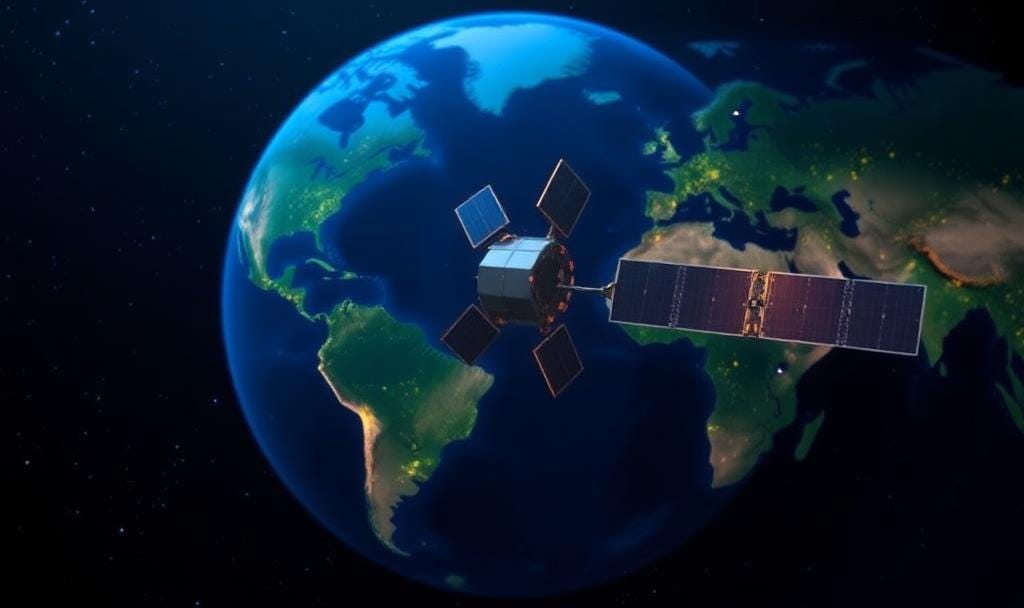In the dynamic realm of venture capital, where innovation meets industrial grit, Yaletown Partners emerges as a steadfast navigator of Canada’s tech landscape. Founded amid the dot-com recovery in 2002, this Vancouver-headquartered firm has quietly amassed over $600 million in active funds by mid-2025, channeling capital into emerging-growth companies t…
Substack is the home for great culture




